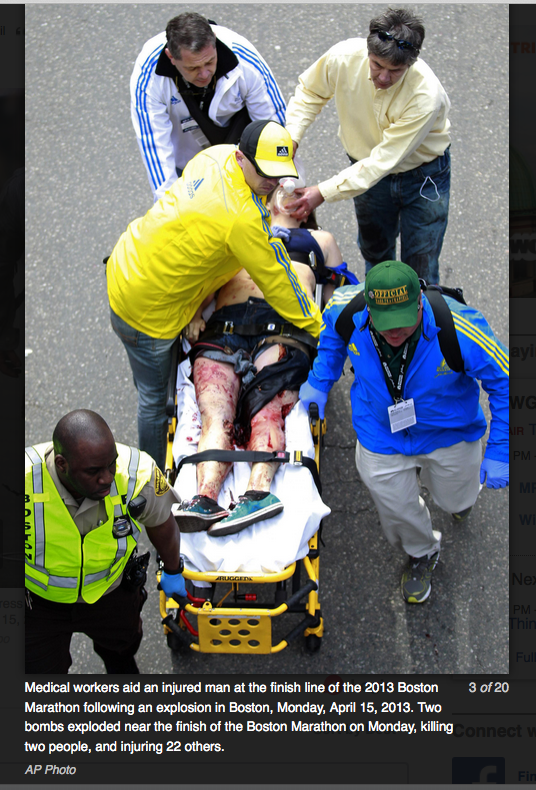

Hidden and unforeseen risks in new drugs are such a danger that some medical professionals advise patients to wait up to seven years before they try a new drug. Needless to say, the "forgiveness is cheaper than permission" business plan breeds shameless repeat offenders since the company makes money and no officers go to jail. A settlement for death or injuries down the road is a nuisance and just the cost of doing business.

A new drug under patent has a high price and no competition, and will make millions or even billions every year it is under patent. It is the business model for new drugs that provokes Big Pharma to bury risks and exaggerate benefits. In other cases, Pharma and the FDA should have known before rushing a dangerous drug to market and making money at the expense of patients.

In other words-who knew? But in a startling number of cases revealed in court documents Pharma did "know" and clearly misled medical journals, the FDA, doctors and patients, hoping to get its patent's worth before the true risks of a drug surfaced. The official answer from the FDA and Big Pharma is that problems with a drug are only seen after millions begin using it, which is why post-marketing surveillance is conducted. If a drug you took four years ago may have given you liver damage, why didn't the FDA tell you then? Why didn't the FDA recall the drug or better yet, not approve it in the first place? Have you ever noticed how warnings about dangerous prescription drugs always seem to surface after the drug is no longer marketed and its patent has run out? Whether it's an FDA advisory or a trial lawyer solicitation about harm that may have been done to you, the warnings are always belated and useless.


 0 kommentar(er)
0 kommentar(er)
